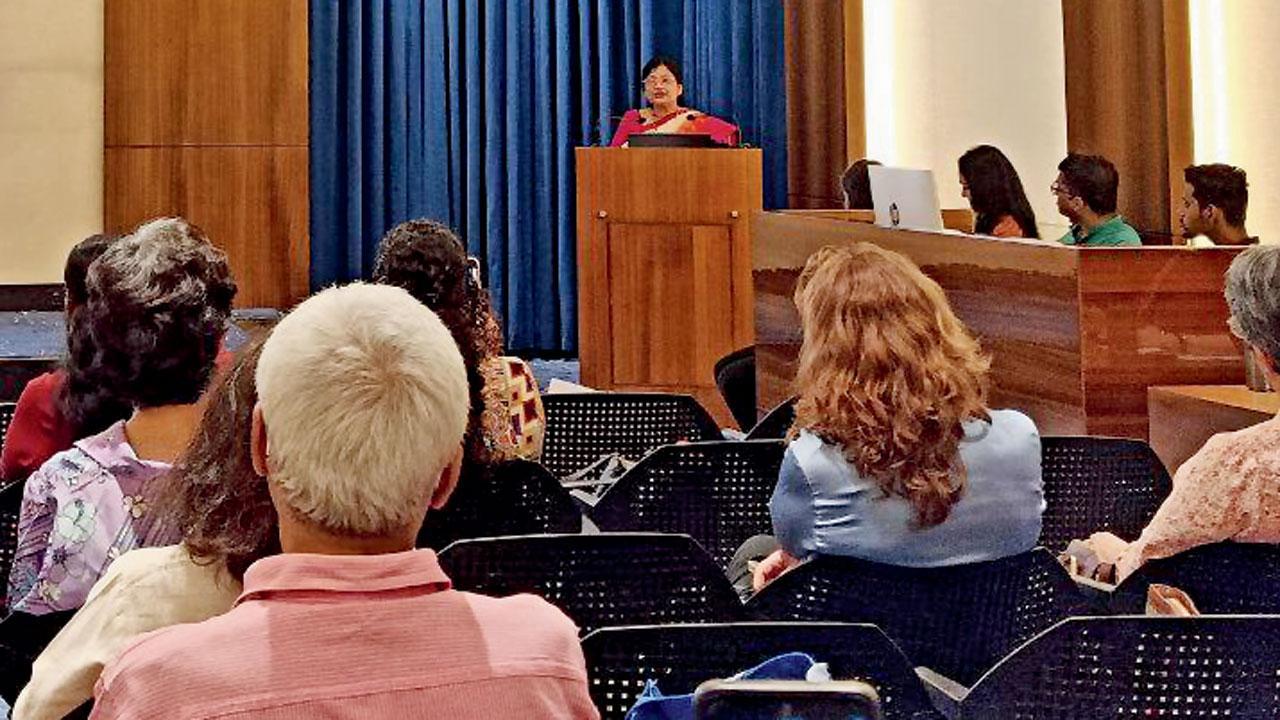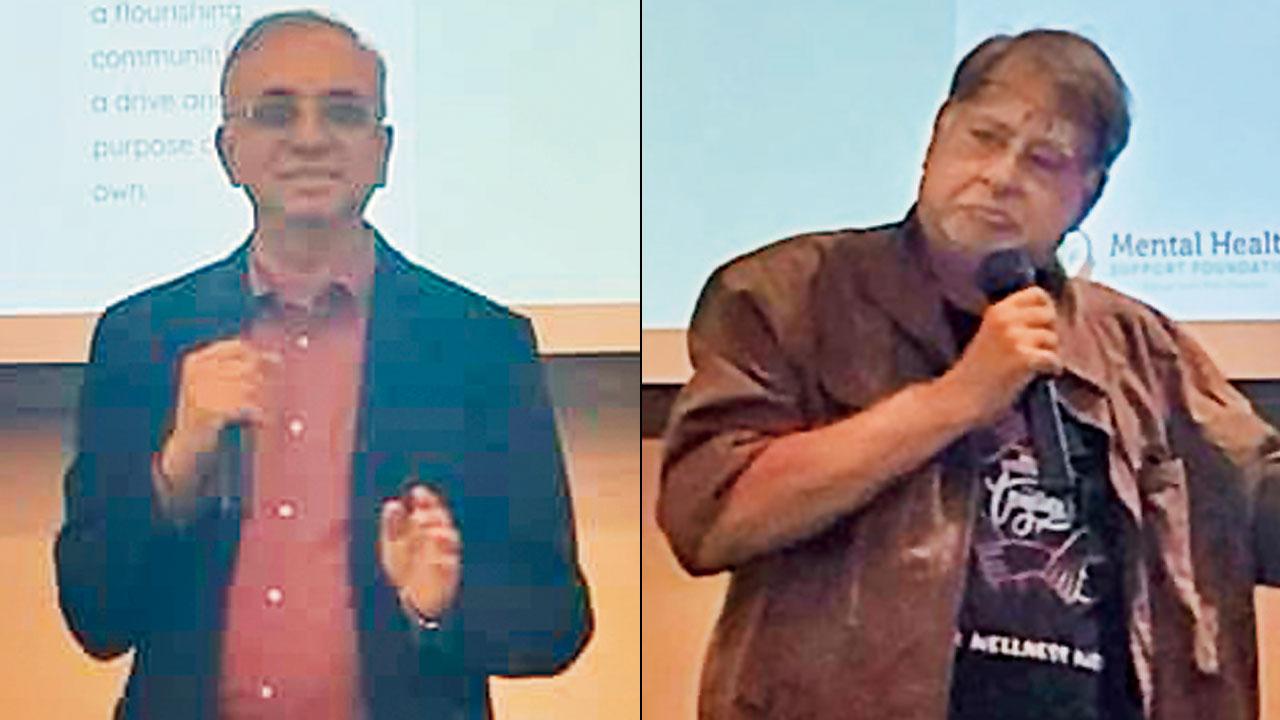Patients share their experiences with bipolar disorder, highlighting the need for early diagnosis and improved support systems

Dr Anjali Gokarn at the conference
In his 40s, Arun Singh, now 66, received a bipolar disorder diagnosis after initially being misdiagnosed with depression. Six months ago, Arun was disowned and abandoned by his family. Throughout his life, Arun grappled with maintaining relationships. He worked as an HR professional until recent years, often experiencing lengthy periods of unemployment. “People with bipolar disorder can lead balanced lives, both professionally and personally, if diagnosed early and provided with appropriate treatment,” he said.
ADVERTISEMENT
“Patients with any mental illness need assistance in different aspects—including their work, living, social, and learning environments. One treatment approach that can help these individuals manage their symptoms and better function is psychosocial rehabilitation,” Arun adds. However, early diagnosis remains a challenge. Vijay Nallawala, 62, also received a bipolar disorder diagnosis in his 40s. “A national mental health survey conducted by the health ministry in 2016 revealed that out of every 1,000 individuals, approximately 850 do not seek treatment,” he notes.

Vijay Nallawala and Arun Singh
Bipolar disorder involves fluctuating between depressive episodes and episodes of mania, characterised by elevated mood, increased energy, impulsivity, and reduced need for sleep. Vijay also the co-founder and managing trustee of the Mental Health Support Foundation, hosting annual conferences on bipolar disorder since 2016. One such conference took place on Saturday, March 30, World Bipolar Day, at Marine Lines, where Arun also participated.
"The onset of symptoms for most individuals with depression or bipolar disorder can occur during their teens. It's crucial for parents to distinguish between normal behaviour and signs of mental illness," explains Dr Anjali Gokarn, a 62-year-old paediatrician based in Vasai.
Anjali, a member of the Mental Health Support Foundation alongside Vijay, emphasises the importance of staying connected with others affected by bipolar disorder. Arun and Anjali had no prior acquaintance with Vijay. Arun stumbled upon Vijay during an internet search about his disorder, while Anjali learned about him during a support group meeting for her son's addiction. “Genetic factors play a role, and left undiagnosed, mental illness can lead to turmoil not only for the individual but also for their loved ones,” said Dr Anjali.
Asked what the next government needs to do for people with mental illnesses, all three said implement the Mental Health Act, 2017 and that governments need to ensure that insurance companies provide coverage. “Medication remains the mainstay of treatment with guidance from a Psychiatrist. Patients may need to take them for a long time as this is a chronic illness,” Dr Anjali says. But medicines for depression or bipolar disorder also have side effects which include weight gain, which put people at risk for other diseases associated with obesity.
 Subscribe today by clicking the link and stay updated with the latest news!" Click here!
Subscribe today by clicking the link and stay updated with the latest news!" Click here!







